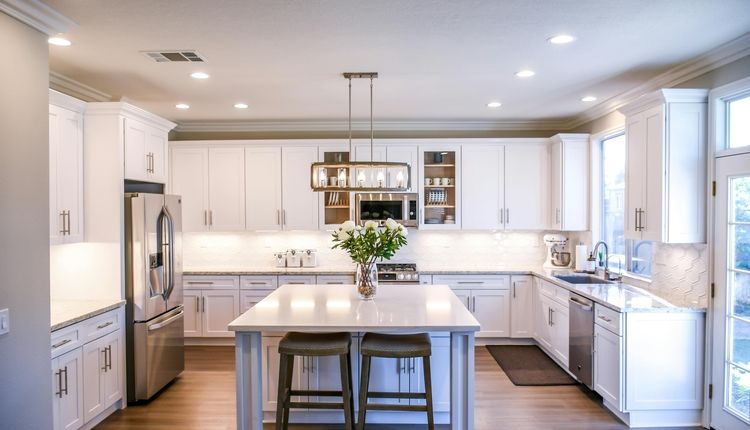Business Insurance
Stork Insurance Agency
Here are five ways to save money on business insurance:
- Shop around.
Prices vary from company to company, so it pays to shop around. Get the names of companies or brokers who specialize in your type of business. Call several so that you can compare prices and get a feel for the types of services they would provide.
It's also important to pick a company that is financially stable. Check the financial health of insurers with rating companies such as A.M. Best and Standard & Poor’s and consult consumer magazines.
- Choose a higher deductible.
Deductibles represent the amount of money you pay before your insurance policy kicks in. The higher the deductible, the less you will pay for the policy.
- Buy a package policy.
It can sometimes be cheaper to purchase a package policy, such as a Businessowners Policy (BOP), rather than individual coverages. A package policy provides standard coverages and limits of liability that are appropriate for typical small-to-medium-sized businesses.
- Work closely with your agent or broker.
Your insurance professional can provide invaluable advice to help protect your business from unexpected disasters. But you need to keep him or her informed about any major changes in your business. This includes major purchases, expansions or changes in hiring or the nature of your operation. Also, get your agent's advice in terms of disaster planning. Ask what you can do to both reduce risks like fire or work-related accidents, as well as the procedures that should be in place in case your business does suffer a major catastrophe.
Having the right coverage and a well thought out disaster plan can save you money in the long run. It may even save your business from going under.
- Ask about ways to prevent losses.
You may be able to reduce your premium for certain coverages by following your insurer's recommendations. These can include workplace safety, disaster preparation, and human resource intervention.
Courtesy of Insurance Information Institute



